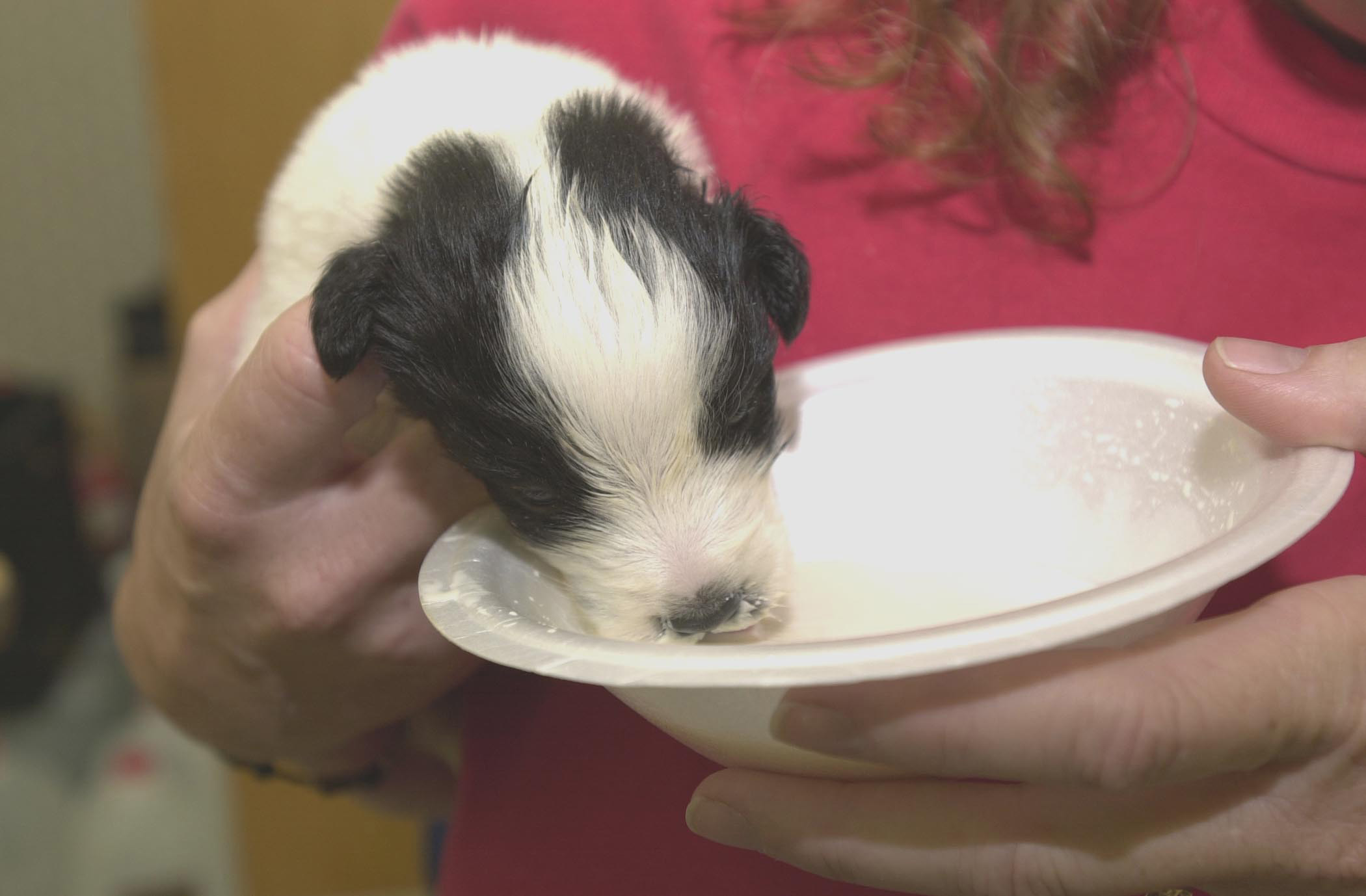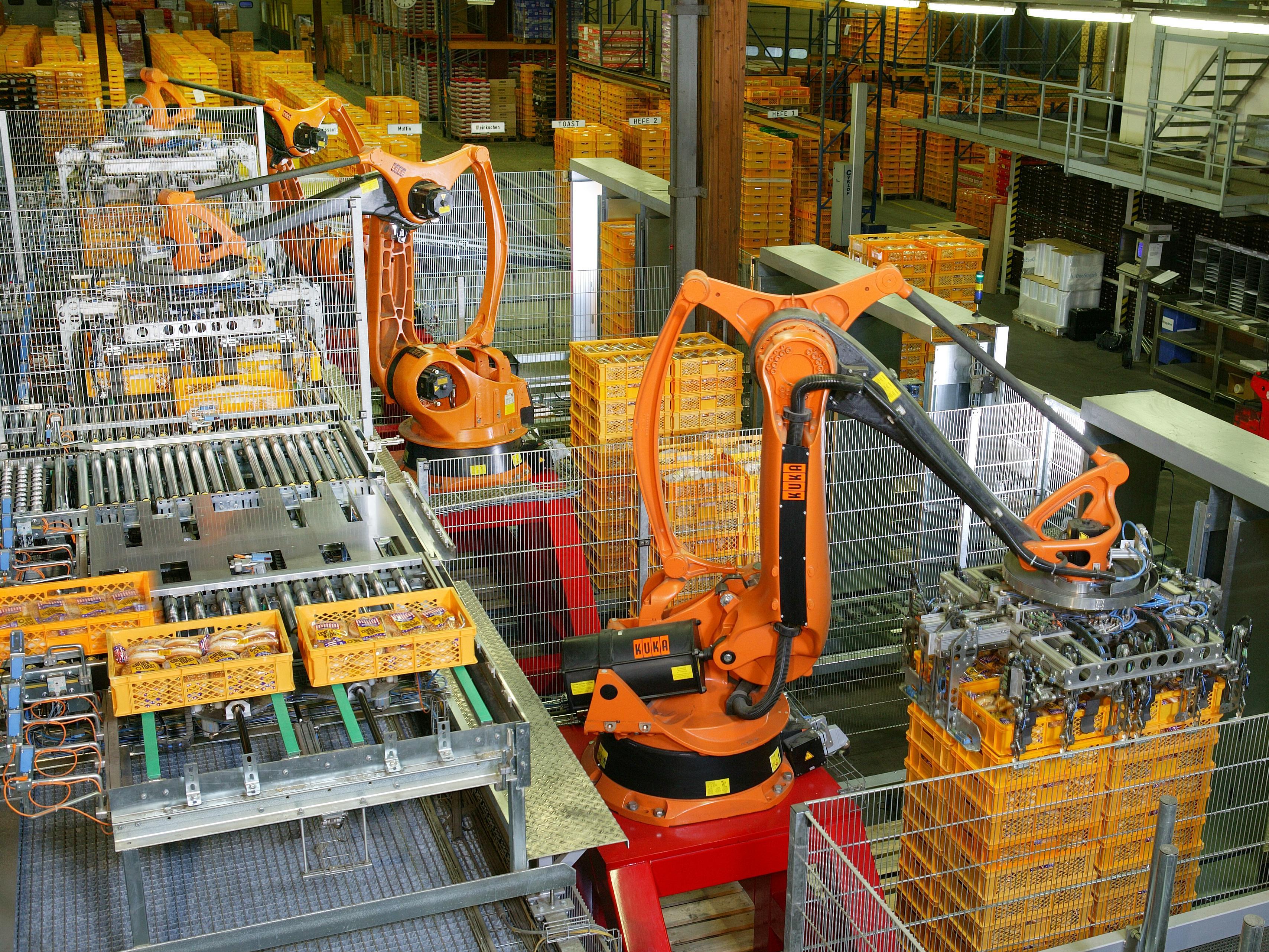|
ISA Lille
ISA Lille, formerly the Institut Supérieur d'Agriculture de Lille, is one of 205 French schools accredited on September 1, 2018 to deliver a '' Diplôme d'Ingénieur'' engineering degree. It is a "''grande école''", in the French system of Higher Education. It consists of a institution focused on agricultural engineering, mandated by the French Ministry of Agriculture. It was created in 1963 at the request of agricultural professional organisations, the school's mission is two-fold: education and research. ISA Lille is one of the 4 schools which make up France Agro 3, the French network for Education and Research in Life Sciences. ISA Lille is a member of the Polytechnical University Federation of Lille, a local group of Catholic schools. In 2016, the group of Engineering schools of Lille Catholic University—HEI (Hautes études d'ingénieur), ISA and ISEN ( Institut supérieur de l'électronique et du numérique), merged under the name Yncréa Hauts-de-France. Each school mai ... [...More Info...] [...Related Items...] OR: [Wikipedia] [Google] [Baidu] |
Diplôme D'Ingénieur
The Diplôme d'Ingénieur (, often abbreviated as ''Dipl. Ing.'') is a postgraduate degree in engineering ''(see Engineer's Degrees in Europe)'' usually awarded by the Grandes Écoles in engineering. It is generally obtained after five to seven years of studies after the Baccalauréat. Each holder of the diplôme d'ingénieur is also conferred the title of ''Ingénieur diplômé'' (graduate engineer). This is distinguished from the term ingénieur''' (engineer) which is less-regulated. The diplôme d'ingénieur is recognized as Master of Science in Engineering in the United States and in the countries of the European Union (also in France). Most Grande Ecole give the opportunity to their students to join a double degree with a university (in France or abroad). Furthermore, Diplôme d'ingénieur graduates can pursue a selective PhD after their engineering studies to later join academia or an industrial R&D department. Accreditation The title ''Ingénieur diplômé'' is a strictly ... [...More Info...] [...Related Items...] OR: [Wikipedia] [Google] [Baidu] |
Master Of Science In Engineering
A Master of Science in Engineering (abbreviated MSE, M.Sc.Eng. or MScEng) is a type of Master of Science awarded by universities in many countries. It is an academic degree to be differentiated from a Master of Engineering. A Master of Science in engineering can require completion of a thesis and qualifies the holder to apply for a program leading to a Doctor of Philosophy (often abbreviated Ph.D. or D.Phil.) in engineering, while a Master of Engineering can require completion of a project rather than thesis and usually does not qualify its holder to apply for a Ph.D. or D.Phil. in engineering. The Master of Science in engineering is considered equivalent to diplom degree in engineering in the countries that do not have a specific distinction between M.Eng. and M.Sc.Eng. See also * Engineering education Engineering education is the activity of teaching knowledge and principles to the professional practice of engineering. It includes an initial education (bachelor's and/or ... [...More Info...] [...Related Items...] OR: [Wikipedia] [Google] [Baidu] |
Educational Buildings In Lille
Education is a purposeful activity directed at achieving certain aims, such as transmitting knowledge or fostering skills and character traits. These aims may include the development of understanding, rationality, kindness, and honesty. Various researchers emphasize the role of critical thinking in order to distinguish education from indoctrination. Some theorists require that education results in an improvement of the student while others prefer a value-neutral definition of the term. In a slightly different sense, education may also refer, not to the process, but to the product of this process: the mental states and dispositions possessed by educated people. Education History of education, originated as the transmission of cultural heritage from one generation to the next. Today, educational aims and objectives, educational goals increasingly encompass new ideas such as the Philosophy of education#Critical theory, liberation of learners, 21st century skills, skills needed fo ... [...More Info...] [...Related Items...] OR: [Wikipedia] [Google] [Baidu] |
Grandes écoles
Grandes may refer to: * Agustín Muñoz Grandes, Spanish general and politician *Banksia ser. Grandes, a series of plant species native to Australia * Grandes y San Martín, a municipality located in the province of Ávila, Castile and León, Spain *Grandes (islands) Grandes ( el, Γκράντες) is a group of three small islands off the east coast of Crete. Administratively it comes within the Itanos municipality in Lasithi. Grandes can be seen from the Minoan site of Roussolakkos near Palekastro as ca ..., a group of three small islands in the Aegean Sea off the east coast of Crete * ''Grandes'' (album), by Maná {{disambig, geo, surname ... [...More Info...] [...Related Items...] OR: [Wikipedia] [Google] [Baidu] |
Agricultural Schools
Agriculture or farming is the practice of cultivating plants and livestock. Agriculture was the key development in the rise of sedentary human civilization, whereby farming of domesticated species created food surpluses that enabled people to live in cities. The history of agriculture began thousands of years ago. After gathering wild grains beginning at least 105,000 years ago, nascent farmers began to plant them around 11,500 years ago. Sheep, goats, pigs and cattle were domesticated over 10,000 years ago. Plants were independently cultivated in at least 11 regions of the world. Industrial agriculture based on large-scale monoculture in the twentieth century came to dominate agricultural output, though about 2 billion people still depended on subsistence agriculture. The major agricultural products can be broadly grouped into foods, fibers, fuels, and raw materials (such as rubber). Food classes include cereals ( grains), vegetables, fruits, cooking oils, meat, mil ... [...More Info...] [...Related Items...] OR: [Wikipedia] [Google] [Baidu] |
Animal Welfare
Animal welfare is the well-being of non-human animals. Formal standards of animal welfare vary between contexts, but are debated mostly by animal welfare groups, legislators, and academics. Animal welfare science uses measures such as longevity, disease, immunosuppression, behavior, physiology, and reproduction, although there is debate about which of these best indicate animal welfare. Respect for animal welfare is often based on the belief that nonhuman animals are sentient and that consideration should be given to their well-being or suffering, especially when they are under the care of humans. These concerns can include how animals are slaughtered for food, how they are used in scientific research, how they are kept (as pets, in zoos, farms, circuses, etc.), and how human activities affect the welfare and survival of wild species. There are two forms of criticism of the concept of animal welfare, coming from diametrically opposite positions. One view, held by some think ... [...More Info...] [...Related Items...] OR: [Wikipedia] [Google] [Baidu] |
Sensory Analysis
Sensory analysis (or sensory evaluation) is a science, scientific discipline that applies principles of experimental design and statistical analysis to the use of human senses (visual perception, sight, olfaction, smell, taste, touch and Hearing (sense), hearing) for the purposes of evaluating consumer products. The discipline requires panels of human assessors, on whom the products are tested, and recording the responses made by them. By applying statistical techniques to the results it is possible to make inferences and insights about the products under test. Most large consumer goods companies have departments dedicated to sensory analysis. Sensory analysis can mainly be broken down into three sub-sections: * Analytical testing (dealing with objective facts about products) * Affective testing (dealing with subjective facts such as preferences) * Perception (the biochemical and psychological aspects of sensation) Analytical testing This type of testing is concerned with obtain ... [...More Info...] [...Related Items...] OR: [Wikipedia] [Google] [Baidu] |
Commission Des Titres D'ingénieur
Commission des Titres d'Ingénieur (CTI) is the main committee responsible for evaluation and accreditation of higher education institutions for the training of professional engineers in France. It regulates the issuance of the ''Diplôme d'ingénieur'' and use of the academic title of "''Ingénieur Diplomé"'' (qualified graduate engineer). Established by law on 10 July 1934, CTI does not exist as an independent administrative authority, but is nonetheless an autonomous structure within the Ministry of Higher Education and Research. In France, CTI is the relevant body in charge of carrying out evaluation procedures that lead to the accreditation of the institutions to award the engineering degree “titre d’ingénieur diplômé”. CTI is a member of the European Association for Quality Assurance in Higher Education and it is entered in EQAR, the European Higher Education Quality Register, which authorizes operation throughout the European Higher Education Area. Missions The ... [...More Info...] [...Related Items...] OR: [Wikipedia] [Google] [Baidu] |
Agricultural Economics
Agricultural economics is an applied field of economics concerned with the application of economic theory in optimizing the production and distribution of food and fiber products. Agricultural economics began as a branch of economics that specifically dealt with land usage. It focused on maximizing the crop yield while maintaining a good soil ecosystem. Throughout the 20th century the discipline expanded and the current scope of the discipline is much broader. Agricultural economics today includes a variety of applied areas, having considerable overlap with conventional economics.Daniel A. Sumner, Julian M. Alson, and Joseph W. Glauber (2010). "Evolution of the Economics of Agricultural Policy", ''American Journal of Agricultural Economics'', v. 92, pp. 403-423. Agricultural economists have made substantial contributions to research in economics, econometrics, development economics, and environmental economics. Agricultural economics influences food policy, agricultural polic ... [...More Info...] [...Related Items...] OR: [Wikipedia] [Google] [Baidu] |
Grande école
A ''grande école'' () is a specialised university that is separate from, but parallel and often connected to, the main framework of the French public university system. The grandes écoles offer teaching, research and professional training in single academic fields such as engineering, architecture, business administration, academic research, or public policy and administration. The schools only admit students through an extremely competitive examination process; a significant proportion of their graduates occupy senior positions in French business, academia, civil service and civil society. Grandes écoles primarily admit students based on their national ranking in competitive written and oral exams called ''concours,'' which are organised annually by the French central government. While anyone can register for ''concours'', successful candidates have almost always completed two or three years of dedicated preparatory classes (''classes preparatoires'') prior to admission. ... [...More Info...] [...Related Items...] OR: [Wikipedia] [Google] [Baidu] |
Environmental Science
Environmental science is an interdisciplinary academic field that integrates physics, biology, and geography (including ecology, chemistry, plant science, zoology, mineralogy, oceanography, limnology, soil science, geology and physical geography, and atmospheric science) to the study of the environment, and the solution of environmental problems. Environmental science emerged from the fields of natural history and medicine during the Enlightenment. Today it provides an integrated, quantitative, and interdisciplinary approach to the study of environmental systems. Environmental studies incorporates more of the social sciences for understanding human relationships, perceptions and policies towards the environment. Environmental engineering focuses on design and technology for improving environmental quality in every aspect. Environmental scientists seek to understand the earth’s physical, chemical, biological, and geological processes, and to use that knowledge to understan ... [...More Info...] [...Related Items...] OR: [Wikipedia] [Google] [Baidu] |
Food Science
Food science is the basic science and applied science of food; its scope starts at overlap with agricultural science and nutritional science and leads through the scientific aspects of food safety and food processing, informing the development of food technology. Food science brings together multiple scientific disciplines. It incorporates concepts from fields such as chemistry, physics, physiology, microbiology, and biochemistry. Food technology incorporates concepts from chemical engineering, for example. Activities of food scientists include the development of new food products, design of processes to produce these foods, choice of packaging materials, shelf-life studies, sensory evaluation of products using survey panels or potential consumers, as well as microbiological and chemical testing. Food scientists may study more fundamental phenomena that are directly linked to the production of food products and its properties. Definition The Institute of Food Technol ... [...More Info...] [...Related Items...] OR: [Wikipedia] [Google] [Baidu] |





